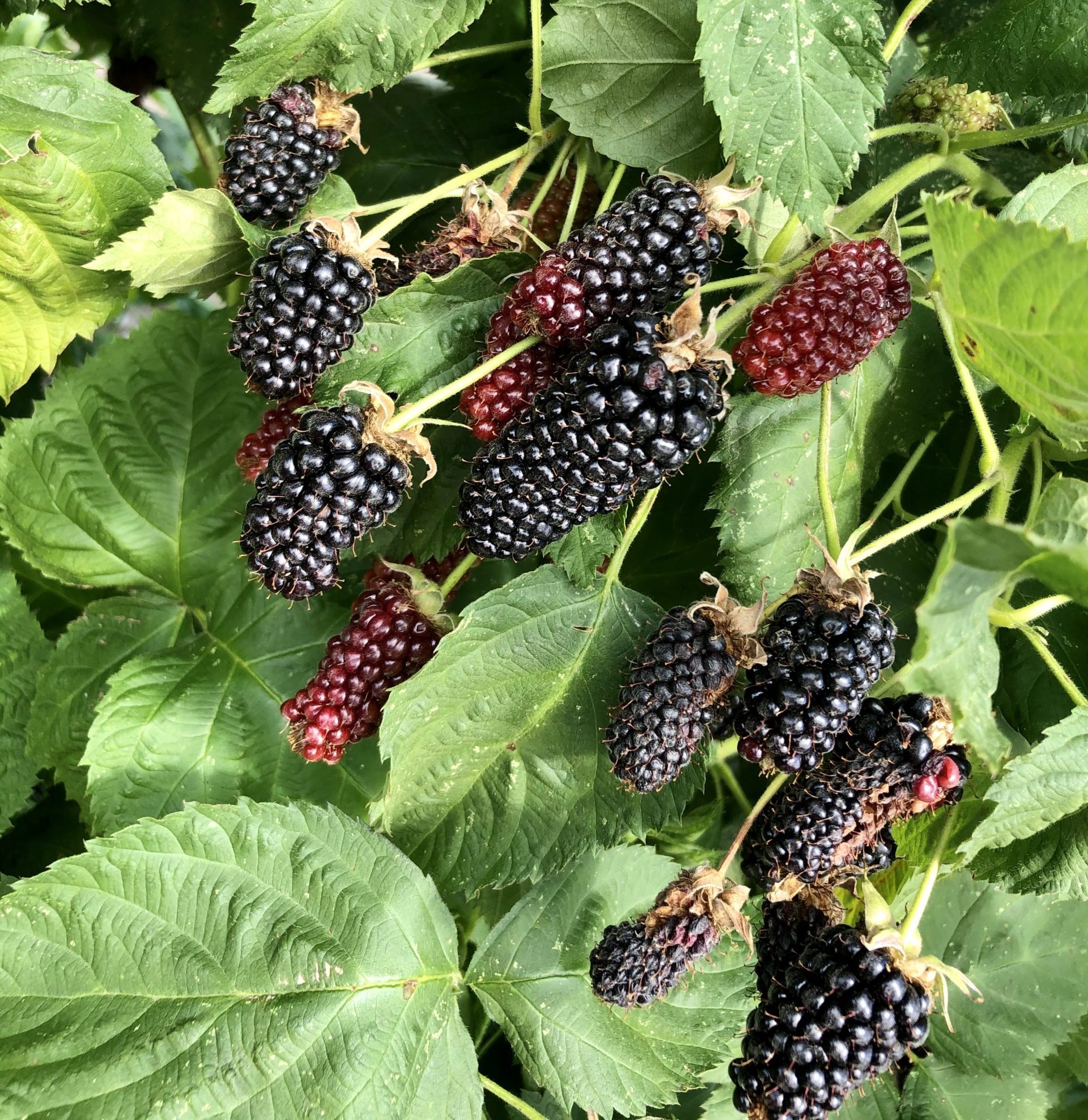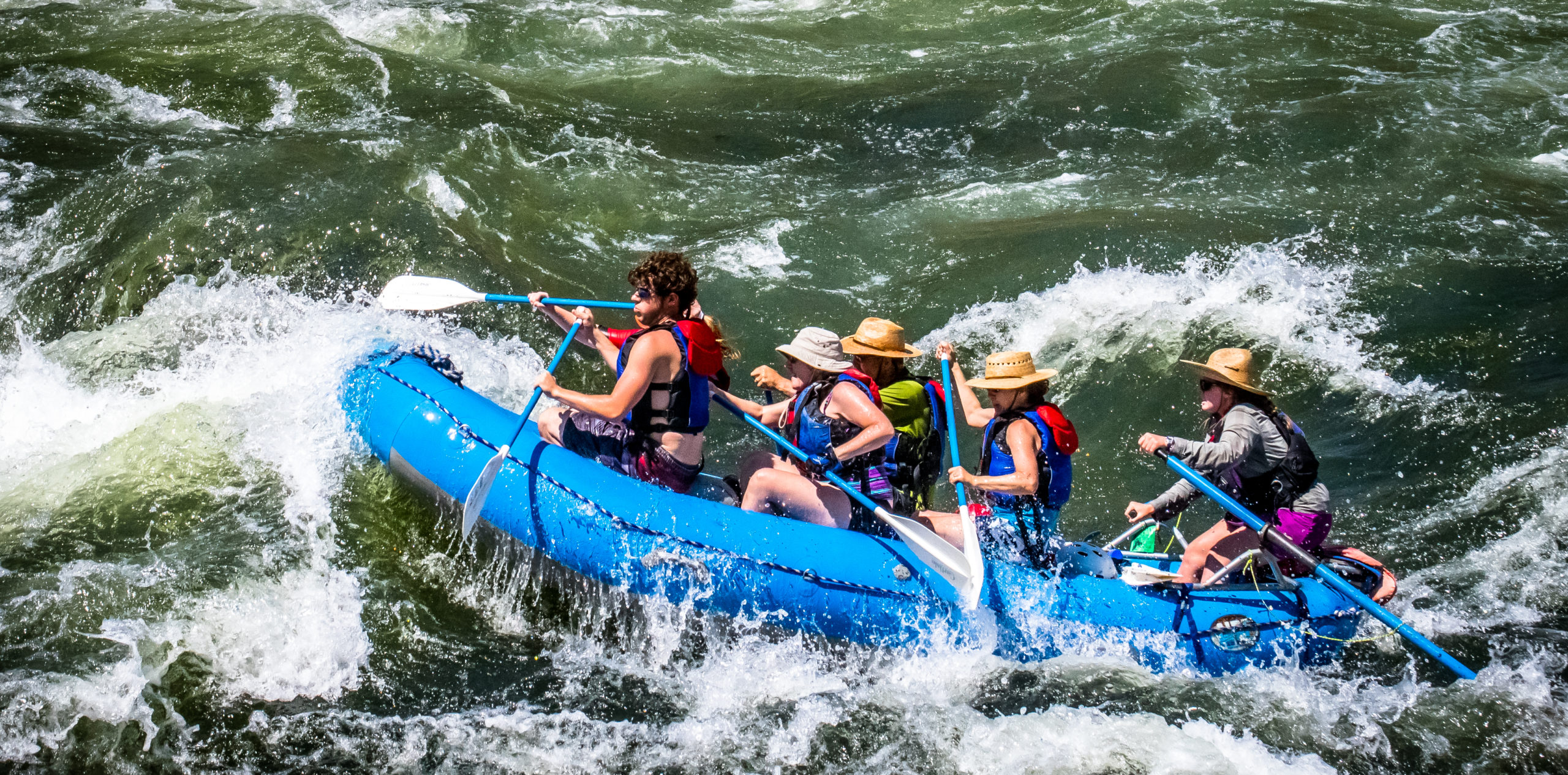It is berry season in the Pacific Northwest. Like a hummingbird to nectar, I make my way to the local berry farms in search of raspberries and blackberries for jams and pies that continue to remind my family of the simple joys of summer when we pull out that jar of berries the middle of winter.
As I make my way down the rows of berries calculating the best place to search for the delectable sweets, I fall into a yearly ritual. It begins with adjusting my eyes to the ripest berries through distinguishing the nuances of color and juiciness as I taste my way to perfection. As I search for those treasures hiding under the shade of leaves, I catch myself humming a tune or reciting a blessing of gratitude. I feel the gentle breeze on my skin and listen to the songbirds as I create my own “Eden” experience.
The Threat
But inevitably something pulls me away from that revelry. It is the threat of the berry poachers!
You see, there is an honor system for seasoned pickers – stay to your row and do not infringe on someone else’s territory. I chuckle to myself when I ponder its absurdity, as if others, just a few hours before me, have not already walked and picked from this same row.
Even so, I can feel the tension well up in my body as I hear others approach. I wonder, “Do they understand the importance of honoring this custom that helps to maintain harmony among the pickers?” Just in case, my reptilian brain stem kicks into gear as I ready myself for the fight. My heart races as I puff up with a wider body stance and scan my territory. Then I pick up my pace, stuffing my mouth and my bucket with berries, lest someone else get them before me. The game is on and I am ready to protect my territory from any intruders.
With over 20 years of picking experience, I still get triggered. It is like I get highjacked by my ego who seeks to possess, at all costs, what I desire and protect what I believe to be mine. If I can do this with berries in an abundant field, imagine how I can react to matters of greater significance?
The Triggers
As a contemplative, I know this is an artificial division between what I have come to call, I/mine and not-I/yours. My spiritual practice helps me to see this reaction in real time and hopefully choose to respond in love, having compassion for my survival instincts and their over reactions as well as care for the common good. If I don’t have the capacity to take this pause and choose my response informed by love, I could easily get trigger into a cycle of violence in thought, word or deed.
I realize that my ego is a gift as I make my way in the world, but if I allow it to have its way in all circumstances it can have disastrous effects, akin to a tantruming two-year-old with a weapon. The more of otherness I can include, the greater capacity I have for compassion and understanding. As my mother likes to say, “To genuinely care for others, we have to be able to walk in their shoes.”
Expanding Compassion
This is a capacity that grows as we move in concentric rings from focusing on my ego needs (egocentric), to caring for my family and my tribe (ethnocentric), to caring for other families and tribes (world-centric) to caring for the earth and its people (planet-centric) and finally to all of the created order in the universe (cosmo-centric). Each one of these are perspectives that we can take to help us make wise choices in our complex world. I think of this as the ever unfolding ripple of compassion. If as the sages profess, “All we need is love,” then the more we move along this pathway to greater compassion (egocentric to cosmo-centric), the more capacity we have to act with loving kindness. And, simultaneously, the more access we will have to delight and wonder.
We are literally all in this together.
From these expansive perspectives we can understand, that we are a part of something abundantly bigger, created in love for love. Life is a miracle and we get front row seats to watch it unfold. Wow! We are connected to other human beings and all of creation in a dance of mutual reciprocity. When we step into love, we are able to engage the world with compassionate care.
Instead of hoarding my berry row, maybe I could open my heart and realize that the berries are here for the picking and the sharing. Why would I want to deprive others of this delight? Why would I want to deprive myself of opening to others in our common humanity?
As I look around the world today in this era of Covid 19 and racial injustice I am aware of how often we have allowed our fear responses of fight, flight and freeze (egocentric) to overtake our better angels. We puff up our chests and protect what we believe is ours. Our inclination is to orient around “my rights and my liberty” at the expense of our community and common good. We have lost sight of the truth that we are made of stardust and belong to each other on this little blue dot somewhere in the universe.
We are not alone in any of it.
If we could only see that the person in the berry row next to us is a human being struggling just like us to live through these trying times. They have hopes and fears, a history of joys and sorrows and their own painful stories of brokenness and despair, just like us. And they also happen to love berries just as much as we do. When we realize that we are that deeply connected, maybe we would choose to not only share our berry row, but also to share our berries.


